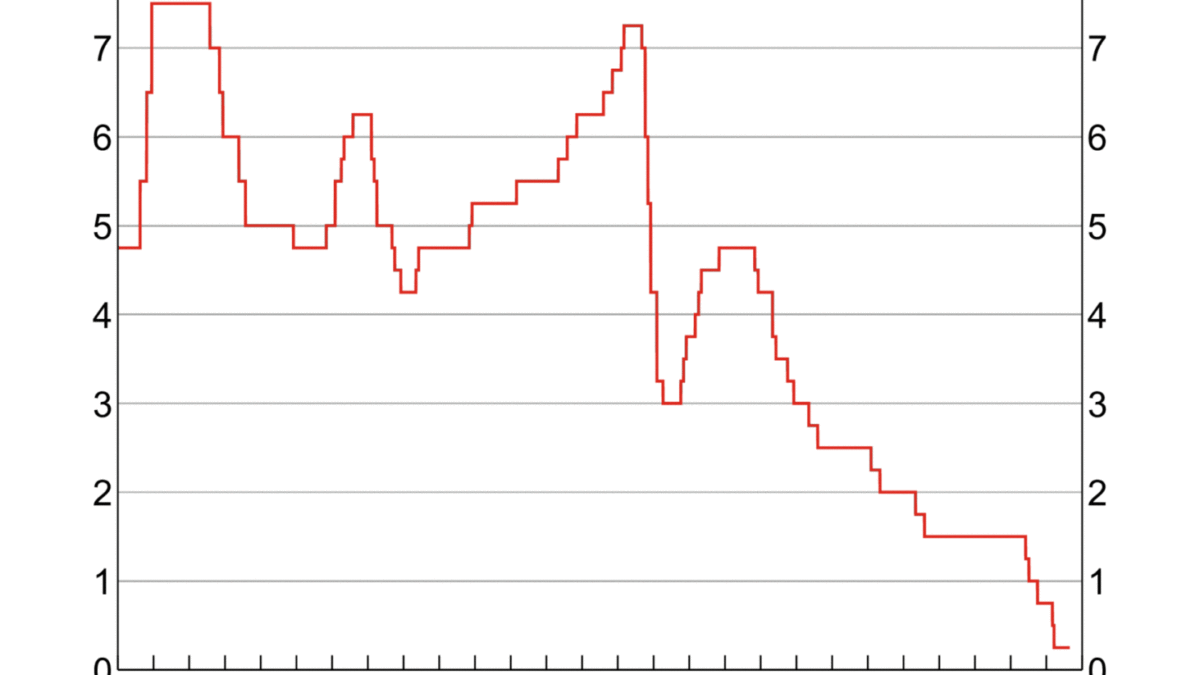RBA Cash Decision September 2020

Coronavirus Cashflow Checklist
April 7, 2020
Getting an Australian Mortgage whilst living in the UK
September 7, 2020RBA board has met on Tuesday the 1st of September 2020 for their cash rate decision. The RBA board decided to leave the cash rate at 25pts. The board also has set a 3-year cash rate and yield target of 25 basis points. Representing a record low RBA cash rate.
RBA on the Australian Economy
The global economy is experiencing huge challenges with domestic GDP growth as they come to terms with the coronavirus. As each country deals with this health crisis, many industries are experiencing a contraction in demand. As a result, this is dragging on international trade.
Globally low-interest-rate environments are expected to support domestic economies. Whilst locally, the Australia economy is going through its biggest contraction since the 1930s. With the recent GDP figures showing a contract of 7% for the June Quarter.
Growth in Housing Market
Conditions in Sydney continue to be resilient. The recent Melbourne lockdown has buyers with a watch and sees mentality with minimal stock transactions. Regional towns and cities are experiencing a demand for quality stock. Nationally, the median house prices has contract 0.4%.
The growth in housing credit has been driven by refinancing, with some demand for owner-occupiers within the FHB segment. The demand for credit to investors has continued to soften.
Since the last interest rate cut, we witnessed lenders pass on between 18 to 25 pts in a rate cut saving. Important to note this reduced the cost of variable loans. Customers on fixed loans will not experience the interest rate savings.
The lenders have since repriced new fixed-rate loans with record lows interest rates, to be in line with the RBA 3 year bond goal of 0.25% to lenders. As you can see, this has been highlighted in the RBA September cash rate decision board meeting. Reducing the short term cost of funding. You can read more about the refinancing process or the process of purchasing a new property.
Lower mortgage rates will boost the aggregate household disposable income, which should feed into household spending and the saving rate. This has been seen in the growth in household savings, as Australians are paying down debt and saving in light of the recession.
The economy is being supported by the substantial, coordinated and unprecedented policy easing over the past six months. Fiscal policy is playing an important role. Public sector balance sheets in Australia are in good shape, which allows for continued support. Indeed, fiscal and monetary support will be required for some time given the outlook for the economy and the prospect of high unemployment.
RBA on inflation
The inflation across the country is has softened, especially as household demand has fallen away. With the coronavirus, target inflation expected to remain under 2% in 2020 and 2021, and range between 1 and 1.5%
The RBA board, made the cash decision for September 2020 and made the decision to keep the cash rate on hold
If you would like to read more from the RBA decision, click here. To read about last month’s decision, click here.
Jeremy Harper is the director of hfinance. hfinance is a mortgage brokering business, to speak with a Sydney Mortgage Broker, Gold Coast Mortgage Broker or an Australian expat mortgage broker. Contact by calling us on 1300 928 227 or email info@hfinance.com.au





